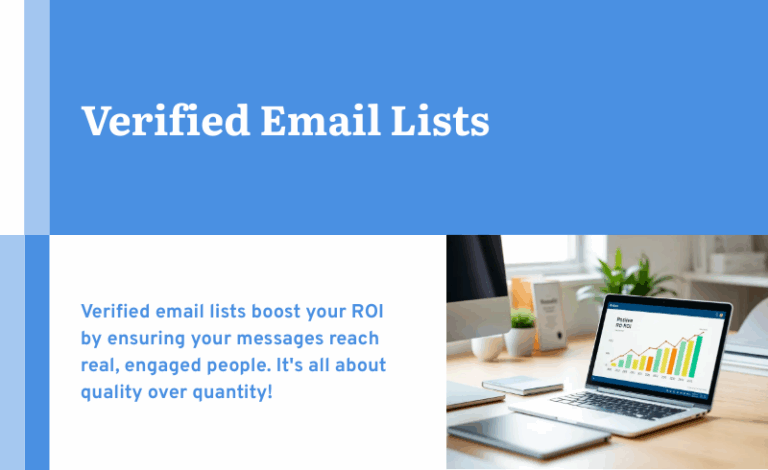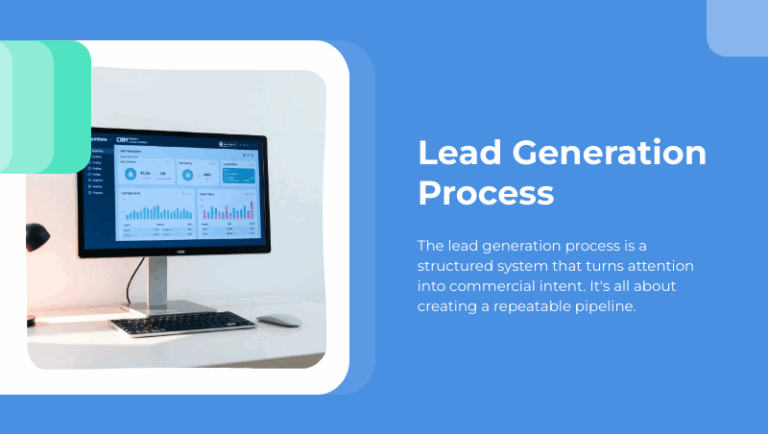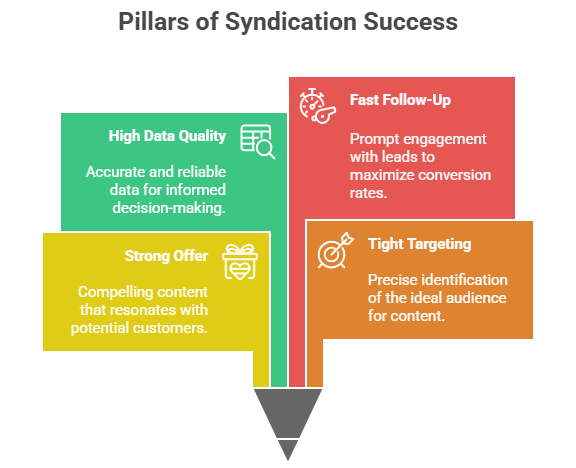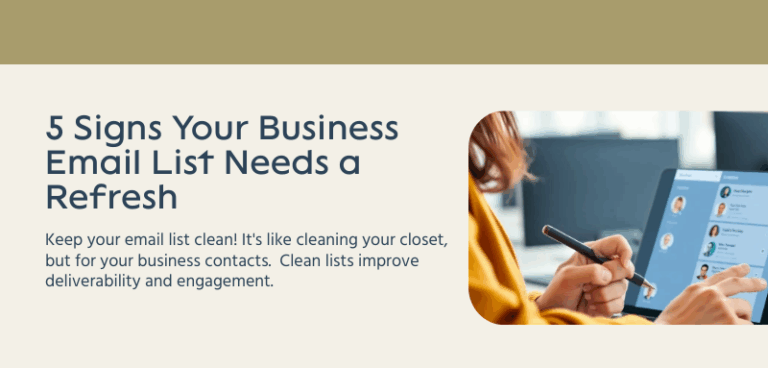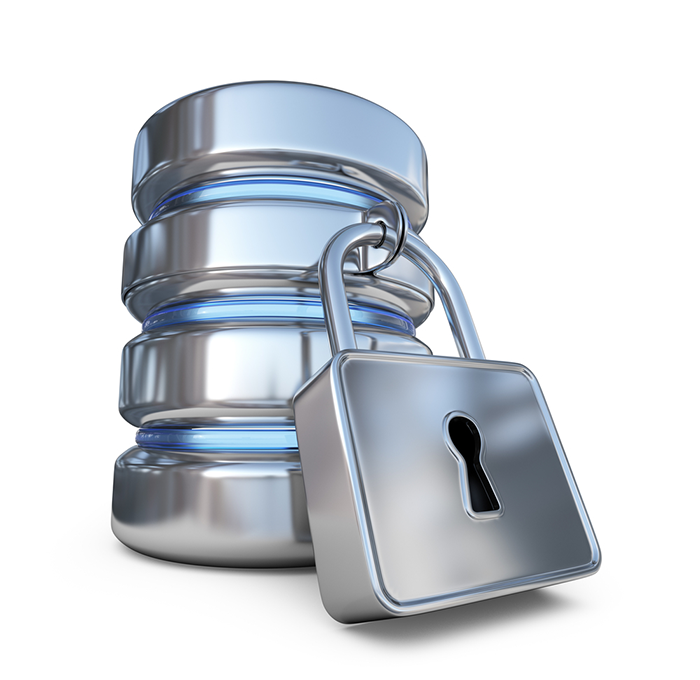
Data has value, and like anything of value, it needs to be secure. Data security is more than a pressing issue for customers and leads whose data could be hacked; it’s also a concern for the businesses to which they entrust their information. Put your leads at ease and protect your organization from data breaches with these tips for tighter security – no sophisticated IT knowledge required.
Be Aware
According to Symantec, an industry leader in digital security, small and mid-sized businesses experienced a twofold increase in cyber-attacks last year. It’s no longer just the big firms that are at risk, nor are security breaches only a concern for consumer sales. B2B businesses are on data thieves’ radar too, both as potential data sources themselves and as access points to larger organizations that do business with them. Everyone, including your business, is a potential target, but awareness is the first step toward improving data security.
Work with a Database Manager
On one side of the aisle, you have your IT personnel, the tech wizards who manage the more arcane aspects of the software and hardware you use. On the other, you have marketing and sales teams who need ready access to lead and customer data to do their work well. A database manager is the essential liaison between the two, fusing marketing technology with functionality to create a well-protected but secure database.
Assess Your Risk
While every business is a potential target, some businesses are at greater risk than others. A company that uses state-of-the-art marketing automation technology, regularly performs security updates, and uses data hygiene processes to cleanse the database of obsolete information is in much better shape than one that hasn’t yet upgraded to new technology. Your database manager traces how data moves through the system, spotting vulnerabilities and making recommendations to secure data more fully.
Train Your Personnel
The greatest threat to data security is at intersections, the points at which data gets entered into or leaves the database. Endpoint devices, including tablets, laptops, smartphones, and any other digital devices your marketing and sales teams use to access data, are vulnerable to loss or theft. Educating your personnel about how to avoid malware, set strong passwords, and engage firewalls will also help protect customer and prospect data.
Let Leads Know How You Protect Their Data
Some organizations are reluctant to tempt fate by touting the security of their customer data, but it’s important to help your leads understand the measures you’re taking to ensure their information is safe with you. Posting recognized security certificates and detailing how you store customer data gives leads confidence that you’re looking after their information, which in turn encourages them to share it more freely with you.
Prospect and customer data is too valuable to risk, and so is your reputation for handling it responsibly. Working with a professional database manager, upgrading your system, and training your team are necessary steps to reduce risk.
© Reach Marketing LLC 2017 All Rights Reserved.
